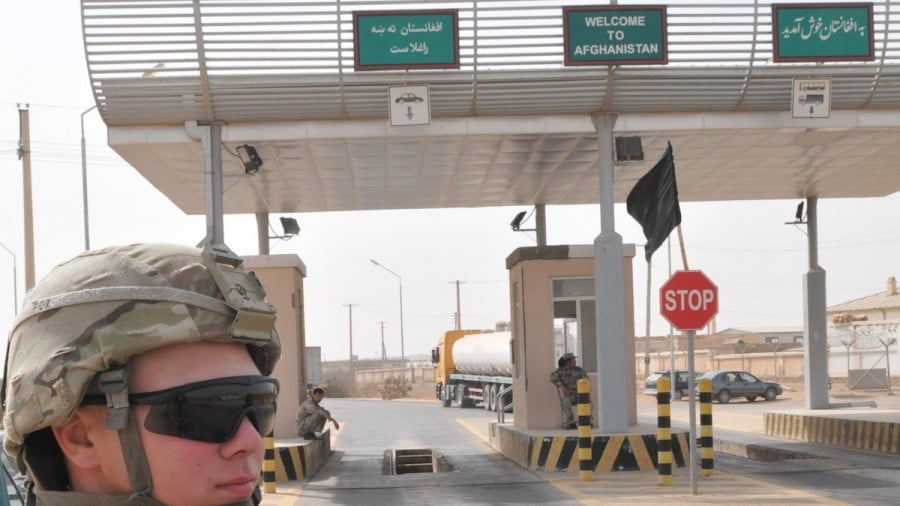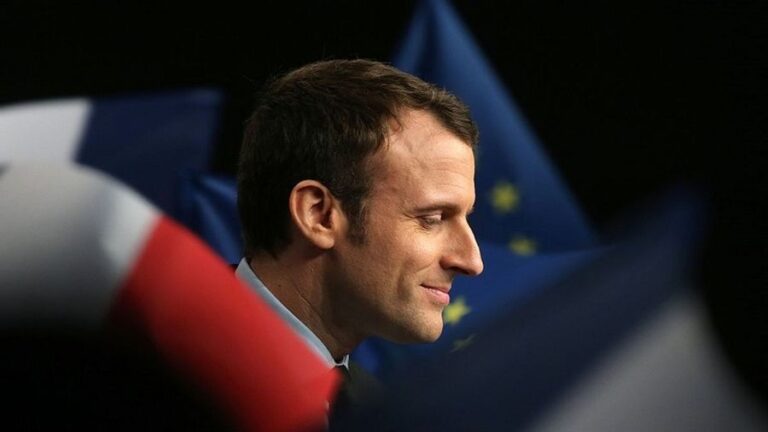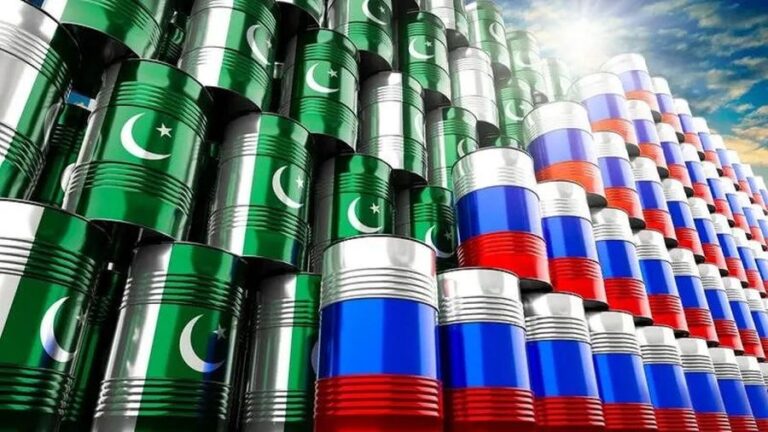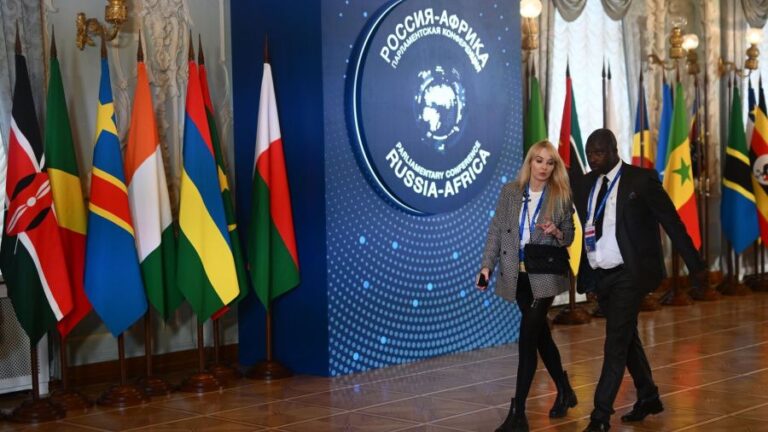Africa and the Collective West after the Start of Russia’s Special Operation in Ukraine
It was not yesterday that the US and EU countries, as well as the famous constellation (which in addition to the US includes the UK, Canada, Australia and New Zealand) started a hybrid war against Russia, including on the African continent.
They started it back in 2012, when it became clear that Vladimir Putin was back in charge and that this did not mean anything good for the West. Moreover, there was the realization that the victory in the Cold War was not a final victory over Russia, which not only revived but also began to claim great power status.
This was particularly evident during the first Russia-Africa summit in Sochi in October 2019 attended by representatives from all African states came, including 45 at the level of heads of state and government. The success of the summit was a “cold shower” for Western countries, which did not even make a serious effort to sabotage the event, apparently believing with their inherent arrogance that no one would come to the summit.
However, shortly after these events, Western countries began a feverish search to counter Moscow on the African front. It was rather chaotic at first, as the Western countries themselves did not have a deeply developed and coherent model of behavior at the time, and were oriented mainly towards countering the active policy of China’s infiltration on the continent.
But on February 24, 2022, everything changed. Russia’s operation to denazify and demilitarize Ukraine and protect the inhabitants of Donbass was perceived by the West (which rushed to accuse Moscow of “aggression”) as the last chance to save its fleeting monopoly in the military, political, financial and technological spheres. Moreover, in its usual mental matrix, it staked on a blitzkrieg and, by deafening everyone with furious Russophobic propaganda, on isolating Russia in the international arena with its subsequent liquidation as an actor and subject of international politics.
However, in the Arab-Muslim world and in Africa, this strategy has failed enormously. The African region, including its constituent Arab and Muslim countries, have refused to follow the footsteps of Western policies and have moved en masse (almost half the countries) away from condemning Russia in UN votes.
After the third vote, even more discouraging for the West, held on April 7 to block Russia’s continued participation in the Human Rights Council, with only ten African countries voting in favor of the document, the Western line on the Russian presence on the continent has hardened dramatically.
Although even before that, Western representatives, particularly from the US, had their hands full. As early as March, the frequency of US-African contacts, both direct and in video format, at the level of heads of state and ministers had increased considerably. More than 30 official meetings and phone calls took place. In March, US Secretary of State Antony Blinken attended the Eighth High-level Dialogue Session of the African Union (AU) Commission and the US, and held talks with Prime Minister of Côte d’Ivoire Patrick Achi, Morocco’s Prime Minister Aziz Akhannouch and Foreign Minister Nasser Bourita, Algerian President Abdelmadjid Tebboune and Foreign Minister Ramtane Lamamra. He held video conferences with the President of Senegal Macky Sall, and the Minister of International Relations and Cooperation of South Africa Naledi Pandor. There were meetings of Deputy Secretary of State Wendy Sherman, Under Secretary of State Uzra Zeya, Assistant Secretary of State for African Affairs Molly Phee, Deputy Assistant Secretary for African Affairs Akunna Cook, Special Envoy for the Horn of Africa David Satterfield with the leadership of Algeria, Ghana, Djibouti, Morocco, Kenya, Namibia, Nigeria, Rwanda, Senegal, Tunisia, Chad, Ethiopia, South Africa, African Union Commission, self-proclaimed Republic of Somaliland.
Realizing that these contacts are not enough and do not lead to a complete blockade of Russia, Washington has stepped up preparations for the 14th Business Forum (Marrakesh, July 19-22, this year) and the second US-Africa summit (Washington, DC, tentatively September-October this year). Simultaneously, the US is trying by hook or by crook to “drag” the Ukrainian agenda into discussions at various African forums and is seeking (unsuccessfully so far) the consent of the African Union to hear Volodymyr Zelensky speak at one of its meetings, perhaps even at an AU Extraordinary Summit on Humanitarian Affairs, scheduled for May 25-28 in the capital of Equatorial Guinea, Malabo. All these steps suggest a poorly concealed aim to disrupt the second Russian-African summit, initially planned for 2022.
This, of course, is not the end of the West’s anti-Russian activities in Africa. In addition to accusing Russia of allegedly “unprovoked aggression against peaceful Ukraine,” they attempt to widely implant into the political discourse and public consciousness in African countries the thesis that Moscow is responsible for the impending famine on the African continent, deliberately rearranging its causes and consequences.
Indeed, many African states are heavily dependent on Russian and Ukrainian grain supplies. Egypt, for example, by 85%. This is true of many other countries such as Nigeria, Senegal, Ghana. There is also a dependence on Russian potash and phosphate fertilizers, without which one cannot grow crops. However, Western countries, while making accusations against Moscow on this issue, forget to specify one important circumstance: the possible decline in grain supplies from Russia is primarily due to the unilateral and completely illegal sanctions imposed in circumvention of the UN, which are the main reason for the eventual problems with grain supplies. The second equally important reason is the large-scale supply of Western arms to Ukraine, which is designed to prolong the conflict and put Ukraine’s spring sowing campaign in doubt, if not disrupted.
Of course, the political efforts and information campaign to discredit Russia are only the tip of the iceberg. In fact, the collective West is also working assiduously to drive Russian companies out of the African market and replace them with its own, as well as to prevent Russian economic operators from gaining access to new major tenders and contracts. The truth is, these efforts harm Africans themselves, not just Russia. Moscow, for example, is the leader in the nuclear industry and the West has nothing even remotely comparable in terms of technology to offer its partners on the African continent. Therefore, by blocking Rosatom, the West is effectively preventing Africans from solving their energy problems in the most efficient way and starting large-scale industrialization, thereby preserving the continent’s neocolonial dependence on American and European products.
All these anti-Russian policies have recently become systematic and comprehensive, involving many components, from those mentioned above to attempts to curtail Russo-African military and technical cooperation to controlling the supply of valuable ores and metals, such as coltan tantalum or lithium.
The fight for the African continent seems to be just unfolding. And much depends on the African states themselves, their willingness to fight for their sovereignty and to break their neocolonial dependence on Western states.







